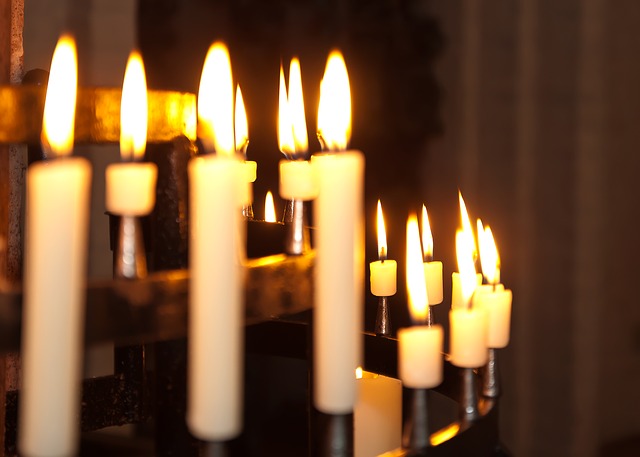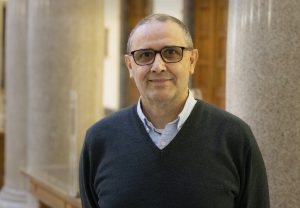
The Spirituality of Care
Jesús García, a current student of the Diploma in Safeguarding, offers a reflection on the program.

The Diploma in Safeguarding (in Spanish: Diplomado en Protección de Menores) offered at the Pontifical Gregorian University, Rome serves as a challenging proposal to all members of the Catholic Church and people of the world. It is about "confronting" an intolerable phenomenon, following a training on both the personal and academic levels, and committing to the protection of children, adolescents, and vulnerable adults and the prevention of abuse.
This is an interdisciplinary proposal: we need to better understand the person in his/her intimacy and relationality (psychology); we urgently need to create and apply laws that offer protection and specify sanctions (canonical); we need to look at synodality and ministeriality as indispensable components of the catholic community (ecclesiology); we must value human and intercultural diversity (anthropology); we need to dismantle harmful religious ideologies (theology) and re-/create/live/share a liberating, agapic, communitarian, and ecologically aware “Trinitarian spirituality." This is the "spirituality of care."
In a narcissistic world, we need to prioritize a form of self-care that preserves our integral health. Instead of clericalism, we must put in place a participative and ministerial ecclesiality, comprised of an enthusiastic and socially responsible minority. When we put up our defences and retreat from troubled waters, we should seek to instead be a Church with open doors – in both its missionary and ecological outreach. While many congregations and jurisdictions are woeful, there are others who take up the responsibility of caring for the poor, the "minores", the ostracized, the laity, the women, the outliers, our common home, and the "others."
We are called to move from the spirituality of self-defense, self-centeredness, autarchy, and self-reliability... to the "spirituality of care" for our common home, minors, and individual identities. This spirituality will make us free through transparency, will make us brothers through interdependence, and will make us empathetic toward minors.
This Diploma course is about: 1) Creating awareness about the culture of care (through personal reflection); 2) Building networks that support widespread collaboration (by way of intercultural sharing); 3) Broadening interdisciplinary knowledge (via experts’ presentations); 4) Strengthening our integral competencies (doing the right thing in the right way); and 5) Making a personal and communal commitment to the mission of the protection of minors and abuse prevention.
As John 2:8 implies: "the best is yet to come" – in the actions, attitudes, choices, and connections that each one of us will assume in various ecclesial, congregational, national, religious spheres. But as Jesus said, new wine in new wineskins is a gift, and we are taking on a new mission involving each and every member of our church and society.

Jesús García, OFMCap
Roma, 29 April 2021
Key photo courtesy of Tristana Fabin's Flickr account.

